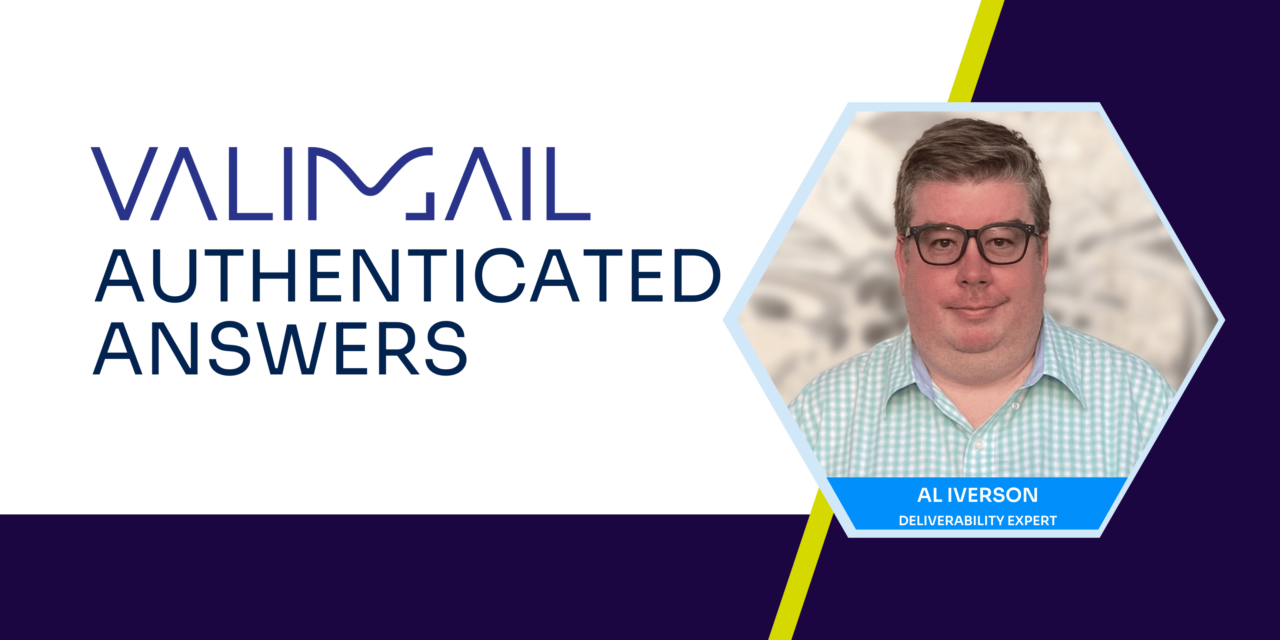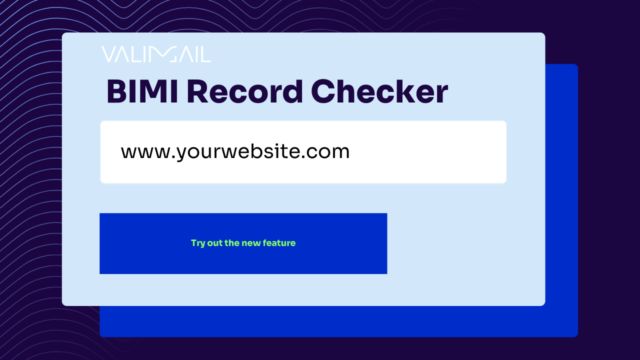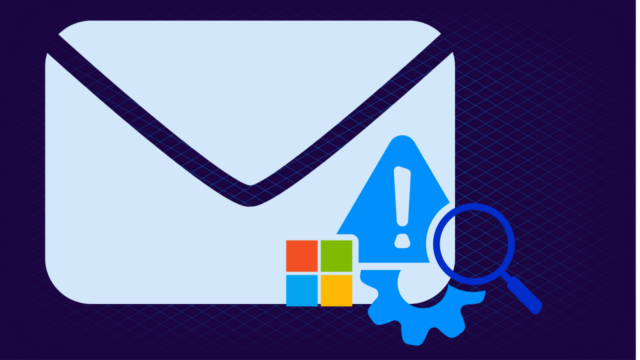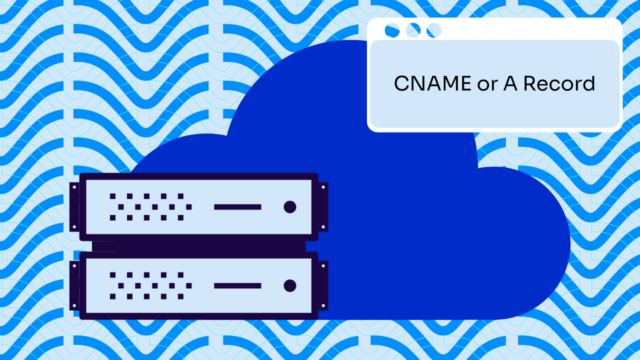Join us today with another interview in our blog series: Authenticated Answers! We sat down with Al Iverson, the author of the blog Spam Resource, for our last interview of 2023.
At Valimail, we take our work seriously but try not to take ourselves too seriously. This value inspires us to get to the heart of what makes people unique and how it affects their careers to provide valuable advice, inspiration, and insights to people working with email daily.
In this lighthearted interview series, we connect with experts from the email, IT, security, ISP, and authentication spaces to learn more about them and their experiences.
About Al Iverson

Al Iverson, the owner of the popular email deliverability blog Spam Resource, has been living and breathing email marketing, technology, and deliverability for over twenty-five years. Spam Resource has been established for over twenty years and is filled with help and best practice guidance for email newsletters and marketing senders.
For his day job, he’s been helping good people send email (and actually get their mail delivered).
Over the course of his career, he has built email list management tools, managed email marketing for a jazz club, and designed and product-managed email marketing platform improvements, as well as deliverability monitoring tools.
In his spare time, he likes to travel here and there (usually by car, usually with his dog Murray at his side) and tries to stumble upon local jazz shows and a good meal wherever he goes. Bacchanal (in New Orleans) is a great neighborhood place to find both.
How do you stay motivated when learning something challenging or frustrating?
I consider myself an autodidact; I love learning new things, and it has allowed me to work my way to and through a number of different careers and opportunities. My motivation is simply: “How can I take this and help explain it to friends, coworkers, customers, or the world?”
Breaking something down into steps and writing it in a way that might help others is a big part of how I learn new things myself, and it has the added benefit of providing me with a wealth of content, ready to share in help centers, blog posts, and webinars.
What was the last wall you crashed through?
In November, I was laid off from my job. It was a gut punch because I was truly working on what I wanted to be working on, but I guess the company didn’t agree, haha.
But I know that I’m lucky in that I have a lot of connections and friends in the email industry and a blog and email newsletter with pretty good reach – a small but uniquely targeted audience. I knew it would be key to finding my next opportunity.
Very quickly, I had a pitch ready to send to my email newsletter, so I sent it and put out the appropriate feelers, and was lucky to be able to find my way to a new full-time role that I’m very much looking forward to and will be able to announce soon.
What’s your favorite way to show gratitude?
I’ve got more than one trick up my sleeve, but honestly, my true favorite way to show gratitude is to actually tell somebody “thank you” in response to a kindness being done in my direction. Too many people don’t do that. More people should do that. A kind word goes a long way.
That being said, we have a lot of kind people in this email marketing/email security/deliverability industry realm.
In a prior Valimail Authenticated Answers blog, Dan Deneweth from Oracle mentioned how he is “always ready to return the gesture and to help when I can” and how important collaboration is in order to stay current.
I couldn’t agree more, and he’s a living example of it – having been kind and collaborative with me at multiple points throughout our careers, and it’s something I try to pay forward.
What’s the funniest mistake you’ve made, and how’d you handle it?
Back when I managed the email marketing for my friend’s jazz club, I would occasionally typo the night’s cover charge, usually leaving out a digit, so everybody receiving the email thought the cover charge was $1 or $2 instead of $10 or $12.
This had the unexpected side effect of giving us fantastic, direct feedback about the engagement (and success) of our email list. Meaning, every time I would typo the cover charge, multiple folks came in that night with printed-out emails, asking for the lower price.
It taught me that people were really indeed reading the emails! It also taught me to add a disclaimer that apologized in advance for any incorrect information in the email message, but that the doorman has the final say over the cover charge, and his word is final.
Now I know why real estate agents say, “Information deemed reliable, but not guaranteed.”
What’s the smallest hill you are willing to die on?
Cold leads are bad news.
Somebody will respond and say: “But we need them to feed the business,” or, “Everybody says they hate them, but they secretly respond to them,” and they’re all full of beans.
Most of the time, cold leads go to the spam folder, and that’s clearly because every indicator available to every ISP says that this mail is unwanted. For every loud guy on Linkedin crowing to us about his cold lead success, another three people have approached me looking for deliverability consulting help after digging themselves into a hole by going nuts with cold leads.
Is that hill even small enough? I suppose I should have just pointed out that raisins ruin everything.
What advice would you give for senders to handle the upcoming new Google and Yahoo requirements?
Don’t run screaming for the hills. Most of these requirements are evolutionary, not revolutionary.
Google and Yahoo are really just documenting what used to be “best practices” and now are simply “the rules.” For most, compliance will be relatively easy.
- Keep your spam complaint rates low. Meaning opt-in all the way and monitor Google Postmaster Tools.
- Make it easy to unsubscribe – don’t play silly buggers with unsub links, and make sure your send platform supports list-unsubscribe and list-unsubscribe post.
- SPF and DKIM authentication were practically required already if you wanted to get mail to the inbox. Now it’s in writing that they’re both explicitly required. Sort of new, but not new, really.
- DMARC is effectively mandated for anyone sending any significant volume of mail. Here’s a great opportunity for Valimail and the entire DMARC sector of the email/email security industry to step up and help close that gap. A few, but only very few, sending platforms offer DMARC monitoring feedback and guidance.
DMARC is a big, important part of the Venn diagram that links email deliverability and email security. I’m really glad to see DMARC adoption grow, and thanks to it becoming part of “the rules” that email senders absolutely must now follow, 2024 truly is going to be the year of DMARC.
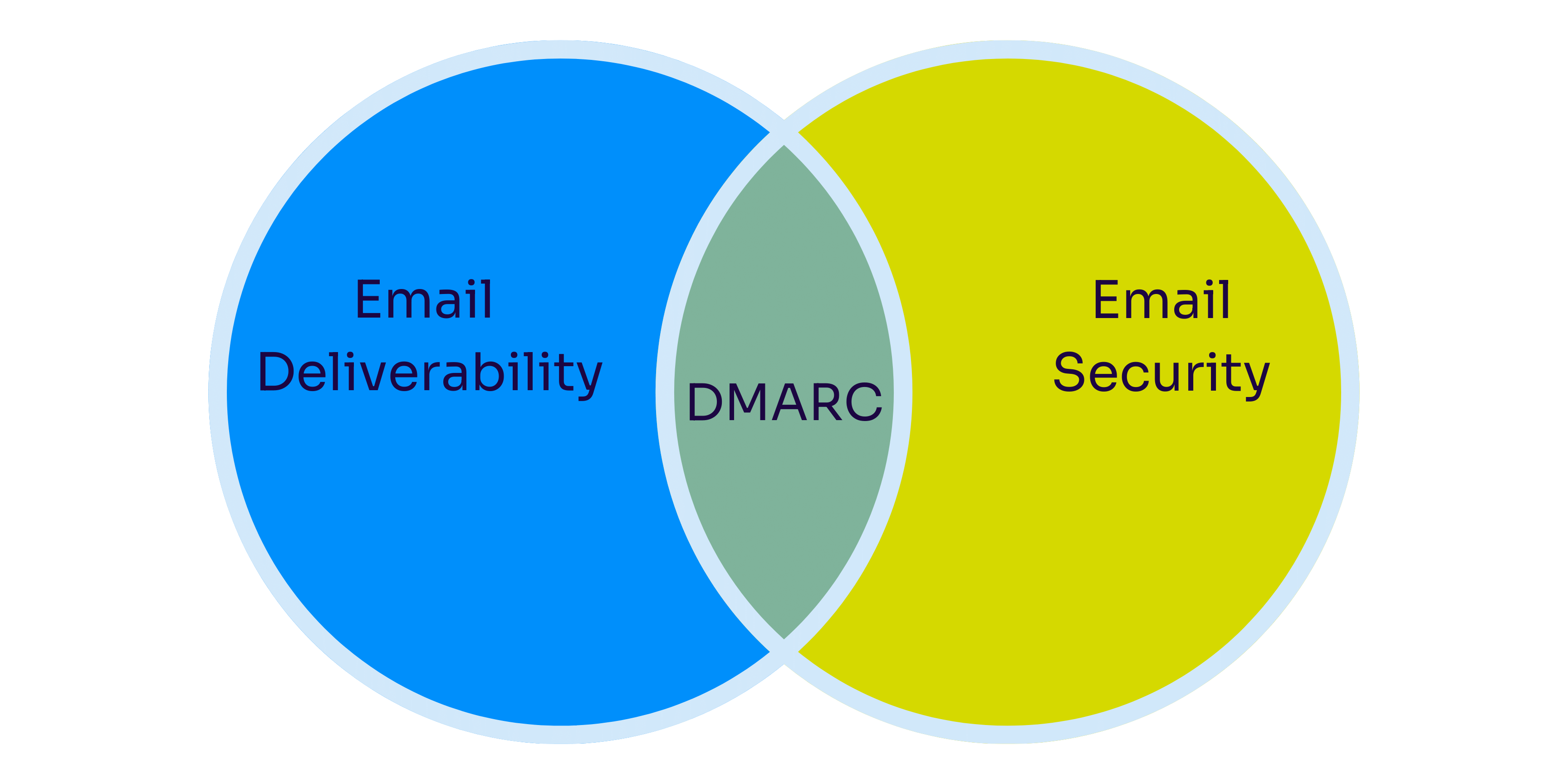
I know I’ve probably said that about one or two other years in the past, but the new Yahoo and Google requirements really are the thing that puts it over the top.
How would you explain DMARC to your grandparents, friends, or relatives?
Well, it’s easier if they understand email authentication, so then I can point out that DMARC is simply a domain-level add-on to email authentication that lets you monitor for and help prevent phishing and spoofing using your email domain name.
DMARC is easy in that it takes only a simple text record in DNS to implement. Not everybody knows how to add a DNS record in their domain registrar, but there are an awful lot of guide videos out there, and it literally can be just as simple as copying and pasting one line of text.
DMARC is less easy in that you really ought to have a monitoring dashboard in place (usually provided by a DMARC vendor) and some understanding of all your different mail streams before you fully implement it at the most secure level.
I first wrote about DMARC in 2012, and we’ve come so far since then. A whole DMARC ecosystem has come into being with different tools, services, support and consulting to help companies secure email and help make it easier for all of us to tell the good email apart from the bad email. It’s great to see and be a part of this evolution, and I’m excited to see what comes next.
Read More Interviews
Authentic was 2023’s word of the year. In a year filled with AI content, it’s been harder to find authentic human connections.
That’s why we launched our Authenticated Answers series, to connect with these email experts on a human level and find out what makes them them. We’ve had some great guests and conversations this year, and we’re so excited to continue this into the new year.
Like this interview?
